OFFSHORE TRUSTS & OFFSHORE ACCOUNTS: WHAT’S THE DIFFERENCE?
OUR 27th YEAR OF PUBLICATION!
Volume XXVI • Number 1 • January 2019
INTRODUCTION.
Potential clients often call us asking if we can set up an “offshore account” for them. Is this what they really mean, or are they (or should they be) asking about an offshore trust? In this issue we’ll compare the asset protection efficacy of an individual establishing an offshore account versus establishing an offshore trust which itself establishes an offshore account.
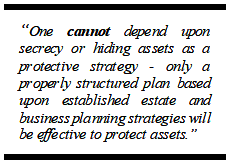
DISCUSSION.
This comparison is best accomplished by example. I am a resident of Florida. If I establish an account in Switzerland, a Florida court (or any U.S. court) could easily order me to repatriate those funds without any impediment whatsoever. Similarly, suppose I give the funds to my wife and she establishes the account in Switzerland. Cutting through all the red tape, the U.S. court could still order her to repatriate funds.
Comparing the foregoing to a properly structured offshore asset protection trust: if I establish a trust in the Cook Islands (our offshore asset protection jurisdiction of preference), I would not be a trustee of that trust (meaning that I would have no signature control over the funds placed into the trust. The trustee, which would have the signature control, would be a licensed trust company. Thus, while a U.S. court could still order me to repatriate the funds, I would not have the power to do so, and, under long standing U.S. Supreme Court holdings, I could not be held in contempt for failing to do that which I do not have the power to do (even if I created the impossibility) See, APN XXII, No. 2. At the same time, I would still be a beneficiary of my trust, and the trustee could, to the extent set forth in the trust instrument, continue to pay my bills, and, in essence, take care of me.
Under property law, if an individual establishes an account in another country, that account, being personal property, is still considered to be located in the situs of the individual (subject to the jurisdiction of those courts having jurisdiction over the individual himself/herself). In addition, since the individual is the signatory on the account (or if anyone within the U.S. jurisdiction is a signatory on the account), a local court could order the signatory to repatriate the funds under penalty of contempt of court.
Under trust law, no one “owns” a trust. A trust has a trustee (who administers the trust) and beneficiaries (who receive the benefits of the trust funds as set forth in the trust instrument). In a properly structured asset protection trust, the individual establishing the trust would only be a beneficiary of his or her trust, and would not have the power to direct the offshore trustee, but, rather, could only request distributions. The trustee may make the requested distributions unless the trustee believed that such distributions were being requested by the beneficiary under a court order (or other duress situation).
One final note: all such offshore trusts and accounts must be reported to the U.S. government annually. Failure to comply with this reporting requirement is a felony punishable by imprisonment and fine. The point: One cannot depend upon secrecy or hiding assets as a protective strategy – only a properly structured plan based upon established estate and business planning strategies will be effective to protect assets.
CONCLUSION.
First, foremost, and most importantly, all trusts are NOT created equal. Our trust documents are the product of more than four decades of our experience, development and “fine tuning”, so nothing, absolutely nothing, is left to chance. Once again, we say that the most important factors to consider when hiring a law firm to implement an effective asset protection structure for you are the experience and the qualifications of the lawyers.
Contact Howard Rosen, Esq. (Direct Line: 305-459-3289) or Patricia Donlevy-Rosen, Esq. (Direct Line: 305-459-3283) with any questions. Or, simply send us a message using our contact form.






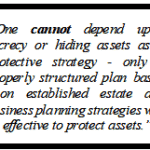


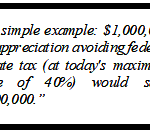
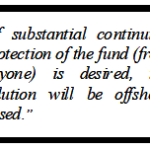



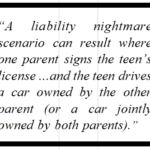
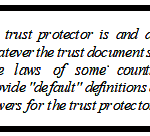

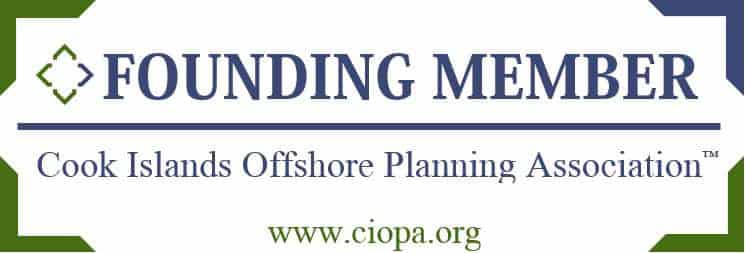
Connect
Connect with us on the following social media platforms.